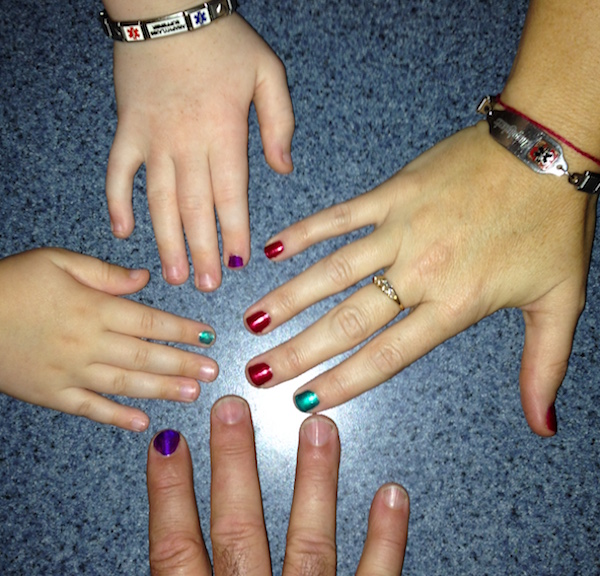Remarrying can be the greatest step that you take for your emotional, intimate and personal relationship journey. As you embark on this stage, everyone hopes that life will transition as easily as the ‘Brady Bunch’ did. In reality, there can be challenges for your children.
Rachael Scharrer, Separation Strategist and Life Change Counsellor, sheds some light on the reality of remarrying and its effects on children.
Before you get swept up in the romance of moving in together or remarrying, there is one important first step: to get your child’s consent before making any changes. This will help your child to have some sense of input and ownership to the process and what is going to happen to them. It will also positively contribute towards acceptance of the step-parent and the changes that to come at home.
No matter how well you prepare the child and no matter how hard you try as a parent to create a cohesive household, your child may experience a range of emotions – and they will need your support.
Your child may experience:
- Grief is the natural response to loss. Your child may be processing the loss of the family unit as it originally was, which is now gone forever. Your child may be angry or sad – it’s helpful to allow them to express their feelings and work their way through the grief process
- Anxiety is the body’s natural response to stress. It may feel like tightness in the chest or butterflies in the stomach. Talking to your child about their feelings, what their concerns are and create strategies to help them feel more comfortable with the new home situation
- Increased Attachment. Your child may become more attached to you or their other parent for security and certainty. Allow your child to be ‘clingy’ for a while – they will relax as they become more comfortable
- Some children may be unsure of where they belong. They have had their parent exclusively and now need to share them with another adult or other children. The child may feel unsure where their ‘home’ or ‘safe space’ is until their sense of security improves
- Acting Out. There are many ways that you child may begin to act out – they may start disrespecting the step-parent or playing the adults off against each other. The acting out may be a by-product of their stress or insecurity
- Expect comparisons to be made between the new step-home and other parent’s home or comparisons between their biological-parent and the step-parent. While it can be hurtful, it’s a natural step of your child rationalising the changes that are happening in their world
- Shocking Expectations. You, the step-parent and children may have expectations made of them which may be surprising to face. It may be as simple as the upset of having to participate in chores and resistance to new routines. Introducing another parent and potentially children, The new structure can come with new expectations that can disturb
How you can help as a parent:
The good news is that what your child is experiencing is normal and your child doesn’t have to feel like they are alone in this time of change. You, as a parent, will no doubt be there to support your child – you can do this by:
- Appreciate there will be an adjustment period. It will take time to adjust to the new home setup, routines or relationships
- Give it time. Relationships takes time to form and respect grows over time. Learning about common interests helps to improve security, bonds and connections
- Engage a family therapist. A family therapist can act as a guide for the entire family through the tough times and change of family dynamics. The therapist will be independent and may set positive family building exercises
- Commence family meetings. The “Super Nanny” used to implement with success, holding regular family meetings that aid in opening the lines of communication can be beneficial. This is where you can discuss family rules or house rules, create chore charts and codes of behaviours. Equally, you might like to create a suggestion box for family members to put forward their thoughts and requests
Understanding that the older your children are, the more emotions and resistance you may face when you remarry and introduce a step-parent (and even step-children). There is going to be an adjustment period and everyone (adults included) may react differently. However, it doesn’t have to end poorly – you and the step-parent are a team supporting each other and supporting the children that you have brought together. They often say that “time heals all wounds”, but love, compassion and empathy certainly helps to heal too!









